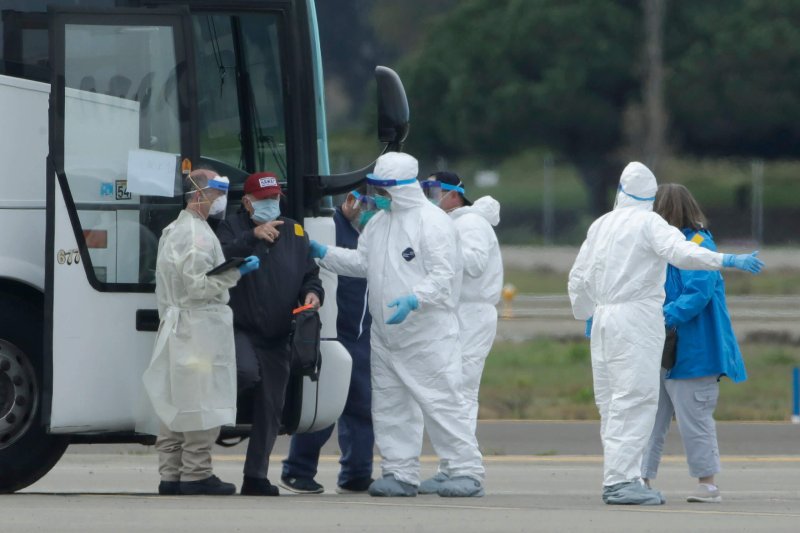From my perspective, staring down the barrel of a “once-in-a-generation pathogen,” as the former U.S. Food and Drug Administration commissioner Scott Gottlieb put it, everyone else was underreacting. It’s fine to go outside, to walk or jog, to garden or mow the lawn. But the people cramming together en masse were doing the exact thing we’re being told to avoid right now. Even so, faced with the ordinary routines all around us, I couldn’t help wondering: Am I overreacting?
…
But ultimately, the protective measures Americans are newly undertaking will always seem like overreactions, so long as they work. This is the paradox of the present moment: If we wait until the problem is sufficiently visible to transform overreaction into mere reaction again, we will have been too late.
…
Sometimes we do things even though they don’t make sense, or even because they don’t make sense, because our tiny minds have proven unable to grasp their consequences. … In the best-case scenario, as with Y2K, we might even look back and mock it for its excess. The point of overreacting, it turns out, is to overreact: to react excessively, but with reason. If you feel at least a little foolish right now, then you’re doing something right.































